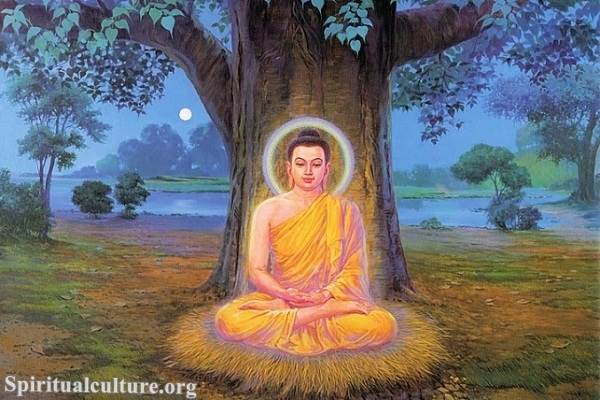Buddhism is a spiritual philosophy that has been practiced for more than 2,500 years. Based on the teachings of Siddhartha Gautama, also known as Buddha, this path encourages individuals to pursue a state of enlightenment or ‘Nirvana’ through self-awareness and moral living. Among the various practices within Buddhism, one of the most intriguing is mantra Buddhism.
Mantra Buddhism is a significant aspect of the Buddhist tradition, emphasizing the use of specific phrases or sounds known as mantras. These mantras, when repeated with conviction, are believed to foster a deeper connection with one’s inner self and the universe, leading to spiritual growth and enlightenment.
Understanding Mantra Buddhism
The term ‘mantra’ is derived from Sanskrit, with ‘man’ meaning ‘mind’ and ‘tra’ meaning ‘tool’ or ‘instrument’. Thus, a mantra can be understood as a tool for the mind, used to channel and redirect thoughts towards a more focused and peaceful state.
In mantra Buddhism, these sacred utterances are chanted during meditation, prayers, rituals, or in daily life, serving as a form of spiritual practice. The repetition of these mantras is believed to purify the mind, cultivate compassion, and attune individuals to the vibrations of the universe, thereby promoting a sense of peace and clarity.
The Role of Mantras in Buddhism
Mantras play a crucial role in various Buddhist traditions, including Tibetan Buddhism, Pure Land Buddhism, and Zen Buddhism. They are considered not just mere words, but powerful spiritual tools capable of transforming the practitioner’s mind and spirit.
In Tibetan Buddhism, for instance, one of the most famous mantras is “Om Mani Padme Hum.” This mantra is associated with Avalokiteshvara, the bodhisattva of compassion, and is believed to invoke his blessings. Each syllable of the mantra is said to purify the practitioner from specific negative emotions such as pride, jealousy, desire, ignorance, greed, and anger.
In Pure Land Buddhism, the mantra “Namo Amitabha Buddha” is often recited with the aim of being reborn in Amitabha Buddha’s Western Pure Land, a realm free from suffering and filled with infinite compassion and wisdom.
Zen Buddhism, on the other hand, doesn’t emphasize the use of mantras as much as other traditions. However, some practitioners do use them as a tool for meditation or to cultivate mindfulness in daily life.
The Benefits of Mantra Buddhism
Mantra Buddhism offers numerous benefits, both spiritual and psychological. On a spiritual level, the repetition of mantras helps practitioners cultivate mindfulness, deepen their meditation practice, and develop a greater sense of compassion and understanding towards themselves and others.
On a psychological level, mantra chanting can reduce stress, anxiety, and negative emotions. The rhythmic repetition of mantras can have a calming effect on the mind, helping to quiet mental chatter and promote a state of tranquility.
Moreover, it’s believed that the specific vibrational frequencies of Buddhist mantras can have a healing effect on the body, mind, and spirit, aligning individuals with the natural rhythms of the universe.
In conclusion, mantra Buddhism is a profound spiritual practice that utilizes the power of sound and intention to foster inner peace, compassion, and enlightenment. Whether you’re a seasoned Buddhist practitioner or someone new to the path, integrating mantras into your spiritual routine can offer a unique and transformative experience. As you chant these sacred sounds, you’re not only deepening your connection with your inner self but also contributing to the collective vibration of peace and harmony in the universe.


